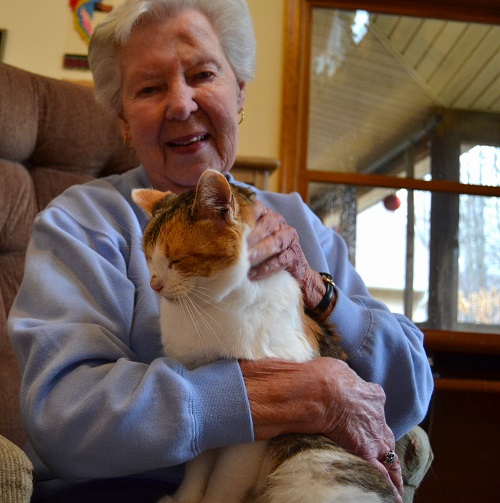 Today is National Tell the Truth Day and we feel like it’s time to tell the truth about a tricky topic – feline leukemia. There are several misconceptions about feline leukemia that we are hoping to clear up with some explanations below.
Today is National Tell the Truth Day and we feel like it’s time to tell the truth about a tricky topic – feline leukemia. There are several misconceptions about feline leukemia that we are hoping to clear up with some explanations below.
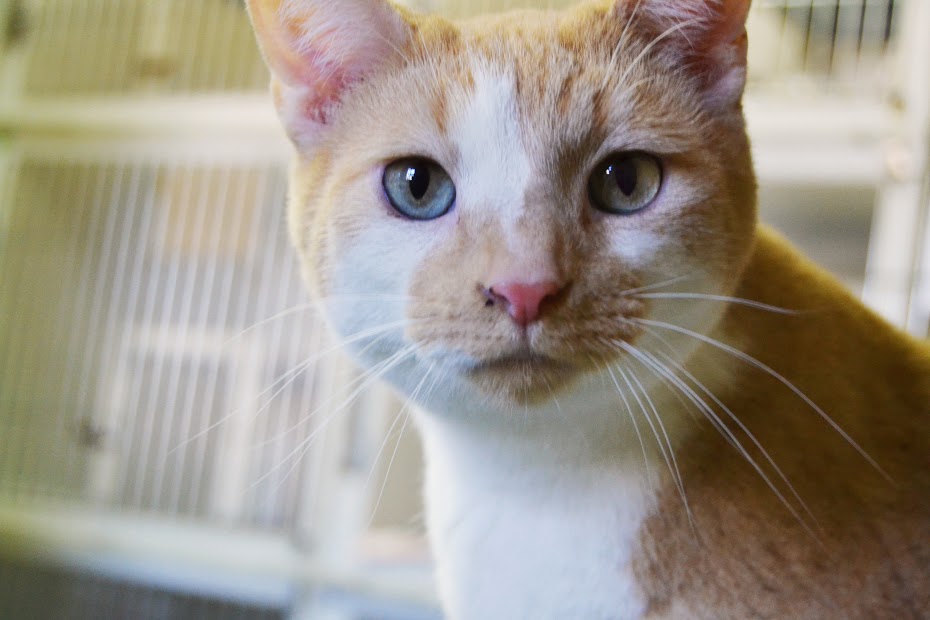 Misconception 1:Feline leukemia is the same as human leukemia.
Misconception 1:Feline leukemia is the same as human leukemia.
You know what felines are. You know what leukemia is. Therefore, feline leukemia seems pretty straightforward – cat cancer, right? Actually, this is wrong! The feline leukemia virus is named “leukemia” because of the way it is able to copy its genetic material onto other cells, similar to cancerous leukemia cells (http://www.vet.cornell.edu). FeLV is NOT cancer, it is a virus. The virus does, however, have the potential to lead to cancer in cats. It can also cause more sensitivity to infection.
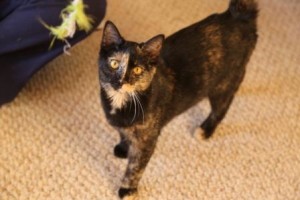 Misconception 2: Feline leukemia is always fatal.
Misconception 2: Feline leukemia is always fatal.
This is simply not true. First of all, not every cat who encounters the virus contracts it. According to WebMD Pets, “about 70% of cats who encounter the virus are able to resist infection or eliminate the virus on their own.” Additionally, cats who do test positive can still lead long, happy lives. Many FeLV positive cats live to be 10 to 15 years old. According to BestFriends.org, one of the cats at their shelter lived to be 21 and a half! In addition, the virus itself does not necessarily affect the quality of life of the cat as long as the cat receives great care and attention. Great vet care is essential because of the weakened immune systems in cats with the virus. FeLV positive cats with great owners and vets often lead happy, normal lives just like any other cat.
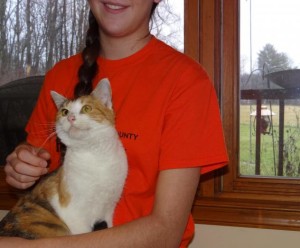 Misconception 3: Feline leukemia is expensive to treat.
Misconception 3: Feline leukemia is expensive to treat.
This statement is trickier, and the reality varies from cat to cat. FeLV cannot currently be treated or cured by medication. In that sense, there is no additional expensive treatment that is required if you adopt a cat with the virus. However, because the condition compromises the cat’s immune system, it does make her more susceptible to other infections that may require medication. It also may mean more trips to the vet with your FeLV positive cat for regular check-ups.
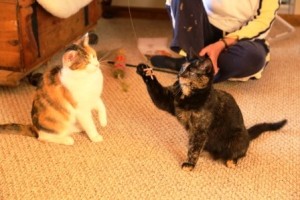 Misconception 4: If you have a FeLV positive cat, you cannot have any other cats.
Misconception 4: If you have a FeLV positive cat, you cannot have any other cats.
In one sense this is true – if your cat is FeLV positive, then you should not have her living with other, non-infected cats. The virus is contagious in cats, and cats living together may groom each other, share food or water bowls, or share a litter box – all of which can potentially lead to spreading the virus. However, it is safe to have your FeLV positive cat living with other FeLV positive cats. There is no additional risk to the cats if they already test positive. Furthermore, FeLV positive cats cannot infect other pets or humans – the virus exclusively affects felines. It is definitely safe to have an FeLV positive cat living with a dog, guinea pig, pony, tortoise, or toddler.
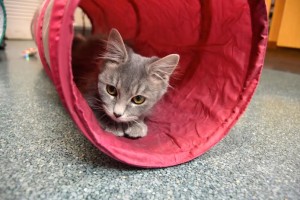 If you’ve found this information helpful, please share it with your friends and family! Also, please consider an FeLV-positive cat if you are looking to adopt a cat into a household with no other non-infected cats. While there are additional factors to consider when adopting one, a cat with feline leukemia can be as loving and wonderful a partner as any cat!
If you’ve found this information helpful, please share it with your friends and family! Also, please consider an FeLV-positive cat if you are looking to adopt a cat into a household with no other non-infected cats. While there are additional factors to consider when adopting one, a cat with feline leukemia can be as loving and wonderful a partner as any cat!
